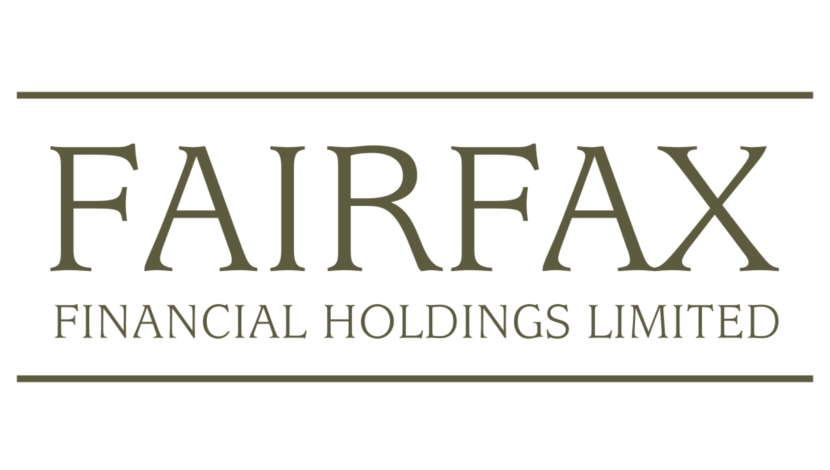

PPC is well capitalised for the foreseeable future and doesn’t need to raise cash from shareholders for a second time even as a project in the Democratic Republic of Congo proves slow to get off the ground.
South Africa’s biggest cement maker “remains adequately capitalised in the medium term and, notwithstanding the slow startup of the greenfield project in Congo, a further rights issue will not be necessary,” Chairman Peter Nelson said in emailed comments on Tuesday. “Our capital structure and short term debt levels continue to receive our attention.”
The shares traded 7.99% higher at R4.73 at the close in Johannesburg, the highest since Aug. 7.
The chairman’s comments are likely to reassure shareholders of PPC’s financial stability after the company was forced to raise R4 billion ($302 million) in a rights offer last year to service debt. PPC has since entered merger discussions with South African rival AfriSam Group to create a combined entity better able to compete amid sluggish demand in their home market.
The company is close to a decision on the potential merger and will update shareholders on or before the annual meeting on Monday, Nelson said. PPC executives are split over whether to go ahead with the deal, with Chief Financial Officer Tryphosa Ramano among those reluctant, according to two people familiar with the matter.
Uncertainty surrounding the proposed merger intensified last month when PPC unexpectedly announced the resignation of CEO Darryll Castle, leaving both cement makers with temporary leaders. Castle resigned after becoming frustrated with Ramano’s opposition to the merger, said the people, who asked not to be identified as the talks are private.
PPC’s ratio of net debt to earnings before interest, taxes, depreciation and amortisation improved to 2.3 times from 3.7 times as of end March, while borrowings declined to R4.7 billion from R8.7 billion. The decision to raise cash with a rights issue came after S&P Global Ratings cut PPC’s credit rating to junk, triggering early redemptions by bondholders and raising liquidity concerns.





